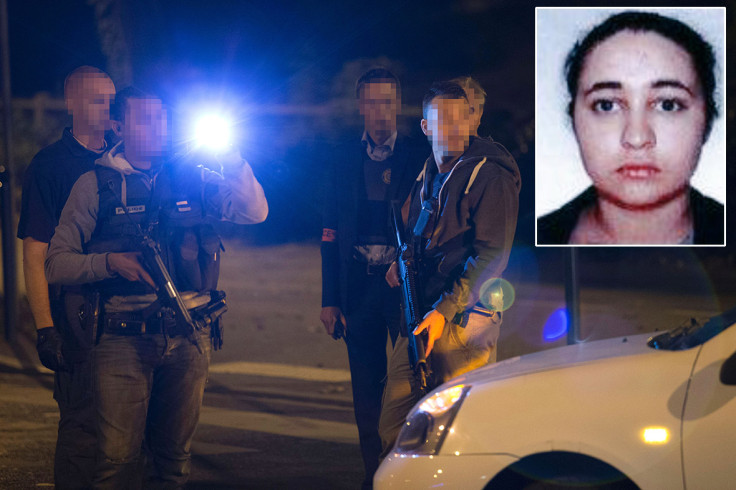Female Isis jihadists planned Eiffel Tower attack say French prosecutors
Woman charged with terror offences allegedly told officers of plot to target Paris landmark.

Four suspected French female jihadists arrested last week allegedly planned bomb attacks near the Eiffel Tower, police sources told local media.
Mother-of-three Ornella Gilligman, who was one of the four arrested, told officers of the plot to target the Parisian landmark, sources told Le Journal du Dimanche.
The 29-year-old was charged with involvement in a terrorist act and attempted murder on Sunday (11 September).
Gilligman's alleged accomplices are still being questioned. Prosecutors claim they were "determined to cause carnage in Paris."
The other women involved in France's first ever all-female Isis cell were Ines Madani, 19, Sarah Hervouet, 23, and Amel Sakaou, 39, prosecutors said.
The women were arrested after a car packed with gas cylinders was found parked near Notre Dame Cathedral in Paris. Gilligman's fingerprints were found in the car. Gilligman has allegedly told prosecutors that the Eiffel Tower was the preferred target. .
City prosecutor Francois Molins said the women were part of a terror cell directed by Isis from Syria, according to CNN.Gilligman was known to security services as someone who had planned to travel to Syria, and was arrested in southern France on Tuesday with her boyfriend, who was subsequently released.
On Sunday, French Prime Minister Manuel Valls said that security services were observing tens of thousands of suspected extremists.
"Today the threat is at a maximum, and we are a target," Valls told French media. "There are about 15,000 people in France who are monitored, because these people are in the process of radicalisation. Every day intelligence services, police, foil attacks, dismantle networks, track terrorists."
France has been in a state of emergency since November, 2015, when Islamic extremists killed 130 people in gun and bomb attacks in Paris. There has been renewed criticism of the government following attacks in Nice and in a church near Rouen in July, with Presidential contender Nicolas Sarkozy calling for terror suspects to be interned in special detainment centres.
© Copyright IBTimes 2025. All rights reserved.




















